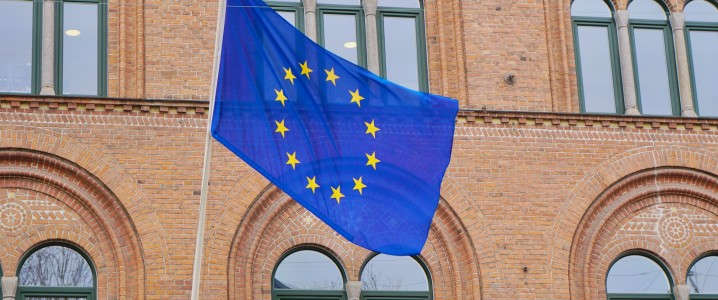The EU on Thursday adopted the 19th sanctions package against Russia, which includes a ban on imports of Russian LNG from 2027, sanctions on additional shadow fleet vessels and on entities in China and Hong Kong supporting Russia’s energy trade and revenues.
The sanctions package includes placing Rosneft and Gazpromneft on a full transaction ban, sanctions on 117 additional vessels from the shadow fleet, bringing the total blacklisted tankers by the EU to nearly 560, and a ban on Russian LNG imports into the EU starting January 2027 for long-term contracts, and within six months for short-term contracts.
The EU is taking measures against important third country operators enabling Russia’s revenue streams. This involves sanctioning Chinese entities – two refineries and an oil trader – that are significant buyers of Russian crude oil.
The sanctions also target third-country banks and crypto providers.
“The 19th package will not be the last,” Kaja Kallas, the EU’s high representative for foreign affairs and security policy, said on Thursday.
“Under Denmark’s Presidency, the EU has today agreed on the 19th sanctions package. Decisive step towards stopping Russia’s biggest revenue source oil and gas + further shadow fleet measures,” said Lars Lokke Rasmussen, the Foreign Minister of Denmark, which currently holds the six-month rotating EU presidency.
“With new U.S. sanctions on top, this will have severe impact on Russian economy,” Rasmussen added.
The EU’s sanctions package was debated for more than a month after it was first presented, as Slovakia, Hungary, and Austria were holdouts seeking assurances that energy costs wouldn’t spike without Russian energy.
The fresh EU sanctions add to Wednesday’s harshest move so far against Russia from the Trump Administration, which sanctioned the two biggest Russian oil companies, Rosneft and Lukoil, to “increase pressure on Russia’s energy sector and degrade the Kremlin’s ability to raise revenue for its war machine and support its weakened economy.”
The U.S. sanctions are imposed “as a result of Russia’s lack of serious commitment to a peace process to end the war in Ukraine,” the Treasury Department said.
Oil prices jumped by 4% in early trade in Europe on Thursday, following the additional U.S. and EU sanctions on Russia’s energy sector and exports.
By Tsvetana Paraskova for Oilprice.com
More Top Reads From Oilprice.com:

